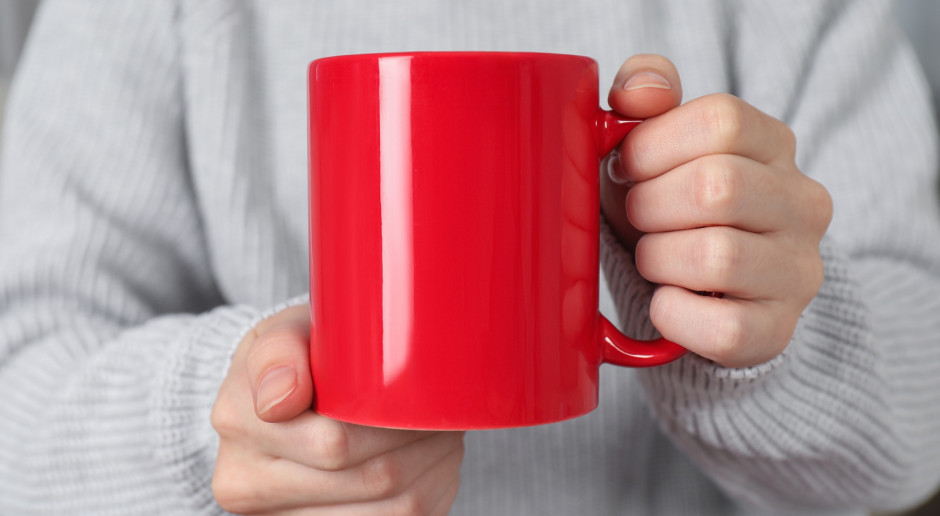Risky combination. These medications should not be taken with tea

Author: KKR • Source: Rynek Zdrowia • Published: May 14, 2025 18:47 • Updated: May 14, 2025 18:47
Although tea is associated with health care, it is not indifferent when in contact with pharmaceuticals. What you drink with your pills can determine the effectiveness of your treatment. Find out how to avoid dangerous interactions and improve the absorption of medicinal substances.

Black tea contains caffeine, which can interfere with the metabolism of some medications. A study published in the Journal of Clinical Pharmacology found that caffeine delays the breakdown of medications such as clozapine, carbamazepine, and cimetidine, which increases the risk of side effects such as heart palpitations, dizziness, and anxiety.
Some antibiotics, such as ciprofloxacin, can cause severe side effects when combined with caffeine. Hormonal medications, including birth control pills, can also react with caffeine, increasing side effects or reducing the effectiveness of the therapy.
Green Tea: Healthy, But Not Always SafeGreen tea is sometimes promoted as an elixir of health, but its interactions with medications are well documented .
It contains catechins and tannins that limit the absorption of substances such as:
- nadolol (heart medicine),
- atorvastatin (for cholesterol),
- fexofenadine (antihistamine),
- celiprolol (hypertension).
A study published in the British Journal of Clinical Pharmacology found that one cup of green tea can reduce the bioavailability of some medications by up to 85 percent. This means that the body absorbs much less of the drug than the doctor assumes – and the therapy may become ineffective.
Tannins vs. Iron and Psychotropic DrugsTannins in black and green tea make it difficult to absorb iron. In people with anemia, this can completely ruin the treatment. Research conducted by the team of Prof. Anna Lipińska from the Medical University of Lublin showed that patients who drank iron preparations with tea had a 40 percent lower ferritin level after 8 weeks of therapy.
Tannins also interfere with the action of psychiatric medications, including:
- neuroleptics,
- certain antidepressants (e.g. from the MAO inhibitor group).
This may result not only in reduced effectiveness, but also in unpredictable side effects.
Copyrighted material - reprint rules are specified in the regulations .
rynekzdrowia











